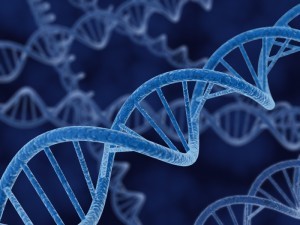Syndromes are a set of medical signs and symptoms that are correlated with each other and, often, with a specific disease. In some cases a syndrome is so closely correlated with a pathogenesis or etiology that the words syndrome, disease, and disorder end up being used interchangeably for them. In other cases, a syndrome is not specific to only one disease.
Syndromes are often named after the physician or group of physicians that discovered them or initially described the full clinical picture. Such eponymous syndrome names are examples of medical eponyms. Recently, there has been a shift towards naming conditions descriptively by symptoms or underlying cause rather than with eponyms. In medicine and psychology, a less specific definition of syndrome is used, which describes a collection of symptoms and findings without necessarily tying them to a single identifiable pathogenesis. The more specific definition employed in medical genetics describes a subset of all medical syndromes. Environmental Causes: Acute radiation syndrome, Radiation exposure, 12 hours post-exposure, vomiting, 24 hours post-exposure, prostration (extreme exhaustion), fever and diarrhea. Loss of pain and temperature sensation on contra lateral side of body. Down syndrome is one of the most common genetic birth defects. Usually, children born with the condition have some degree of mental retardation, as well as characteristic physical features. Many of these children also have other health problems. Each cell in the human body contains 23 pairs of chromosomes, which contain the genetic material that determines all our inherited characteristics. We receive half of each chromosome pair from our mother and the other half from our father. Be sure to check with your doctor if you are pregnant or plan to become pregnant if you have a family history of Down syndrome. There may be specialized tests to help you better understand your risk.

